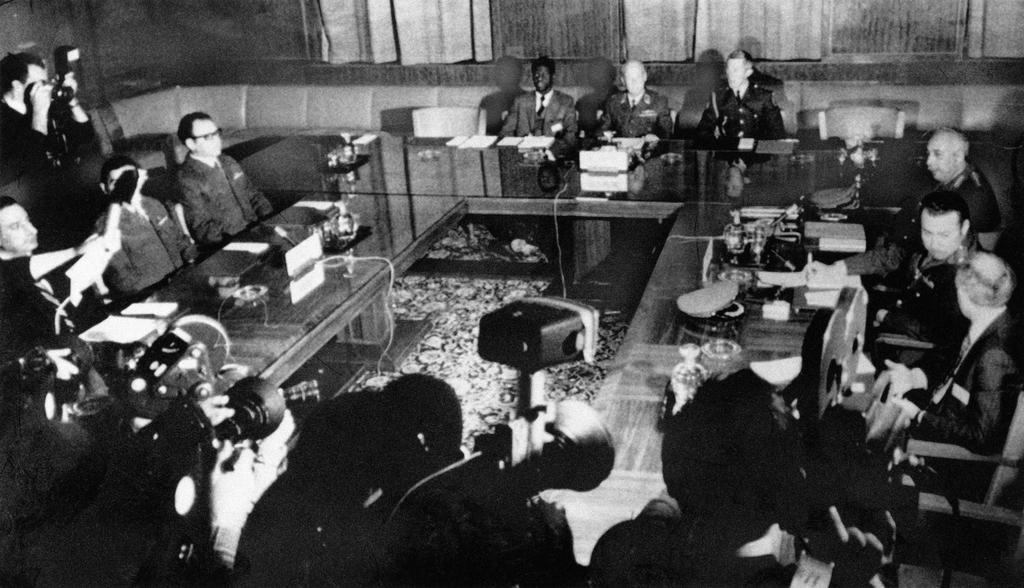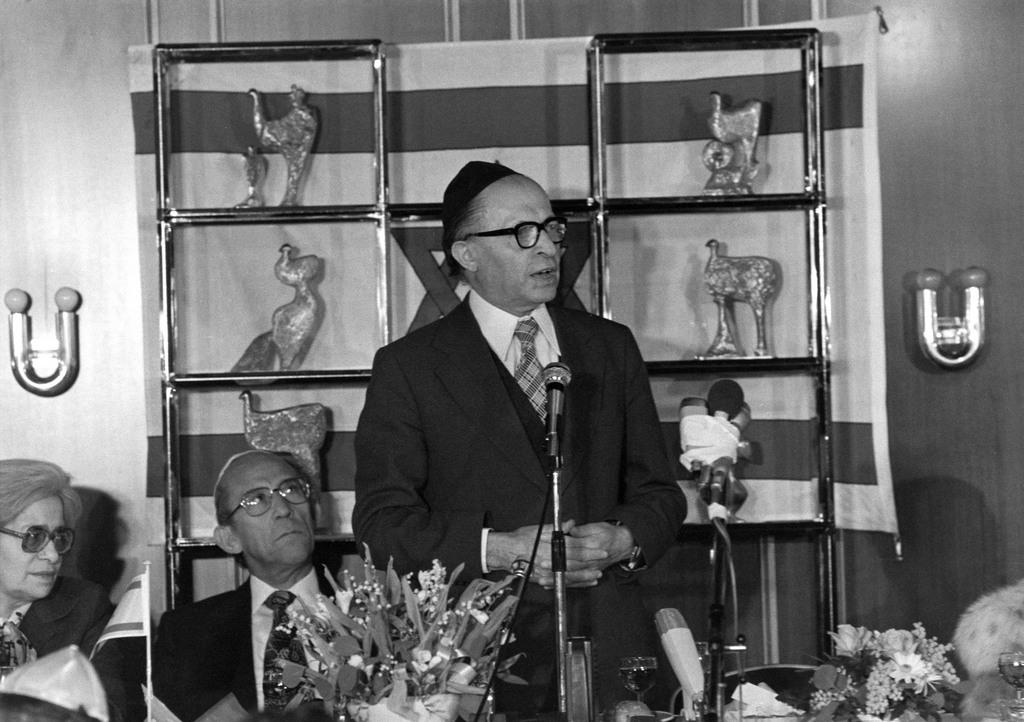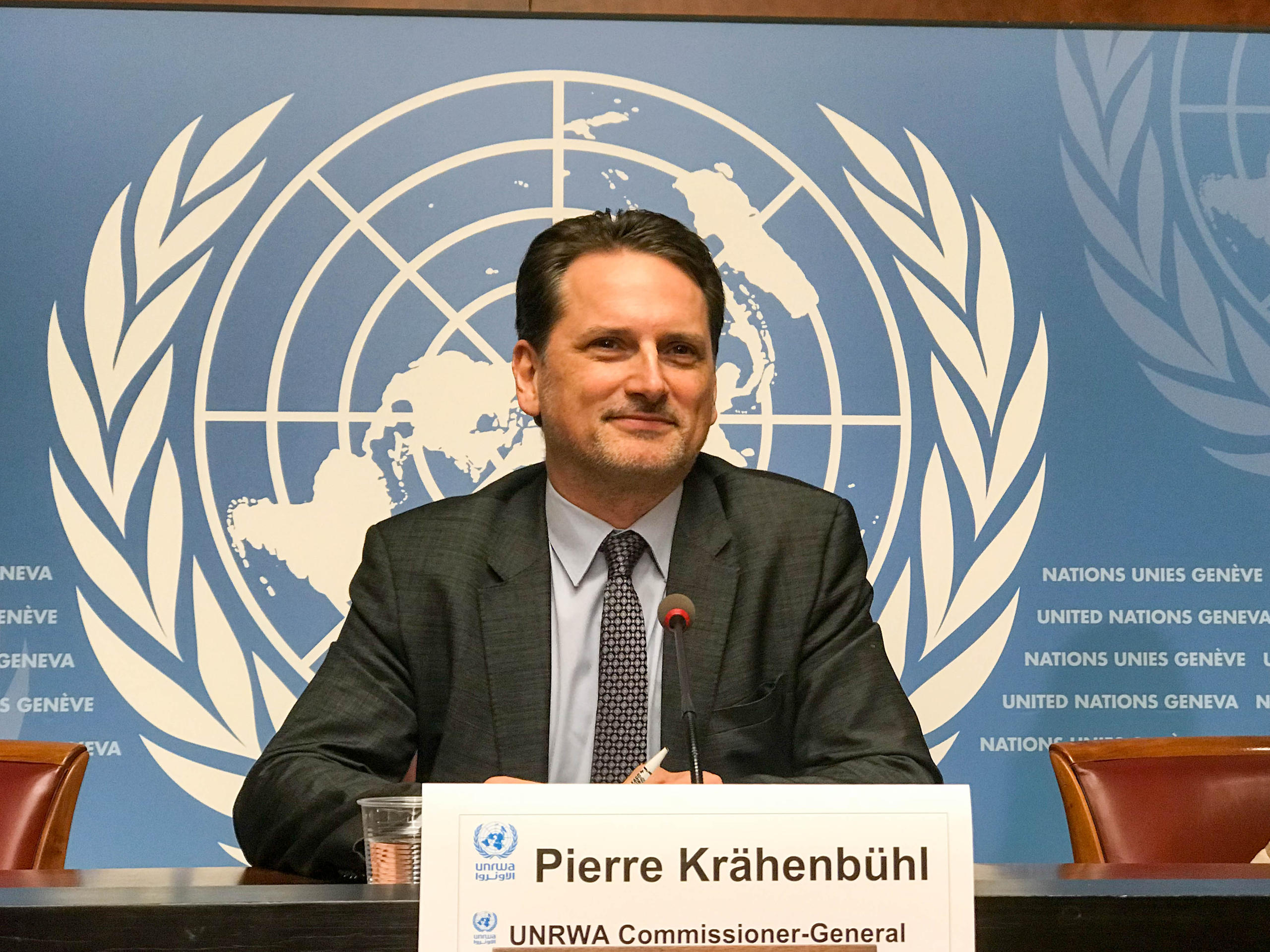Switzerland’s delicate stances on Israel

Switzerland, one of the first countries to recognize the state of Israel, is alarmed by the level of violence in Gaza Strip. The Swiss Federal Council on Tuesday condemned the “use of force by Israel, which at this stage has caused the death of dozens of people, including children, and injured thousands.”
Gaza on Monday witnessed the deadliest day since the 2014 conflict between Israel and Islamist group Hamas, which runs the coastal enclave. Israeli forces opened fire against demonstrators amassed along the Gaza border. The Gaza Health Ministry, cited by The Associated Press, said 59 Palestinians were killed and more than 2,700 injured.
The spike in casualties has revived international condemnation of Israel’s use of lethal force against unarmed protesters and amplified concerns for the prospects of Middle East peace. The violence coincided with the inauguration ceremony of the new American embassy in disputed Jerusalem, held on the 70th anniversary of Israel’s declaration of independence.
Switzerland is calling on all parties to de-escalate.
A history of Swiss-Israeli ties
On 14 May 1948, Israel declared its independence. After some hesitation, Switzerland recognized the new state in early 1949. Since then, Bern’s concern has been to reconcile the country’s principle of neutrality with commercial interests and sympathy for the Hebrew nation which was felt in several pockets of the Swiss population.
Relations between Switzerland and Israel have deep roots. The first Zionist Congress was held in Basel in 1897. Fourteen others have been held in Switzerland since then. By 1927, Switzerland had established a consulate in Jaffa. But when Israel claimed nationhood, the government in Bern reacted with caution.
“An early recognition of a state struggling for its existence would have been considered— rightly—as favouritism,” read the minutes (in German) of the Swiss Federal Council meeting of 25 January 1949, which gave an account of the previous year’s decision to hold off.
Sacha Zala, director of the research center Diplomatic Documents of Switzerland, says it was important for the neutral Alpine nation to find the right moment politically to recognize Israel. Swiss authorities were skeptical about Israel’s socialist tendencies, fearing the new state would be too cozy with the Eastern bloc.
“The Federal Council also feared repercussions on the important trade relations with the Arab countries, particularly with Egypt, and even possible reprisals against the Swiss colony on the banks of the Nile,” adds Zala.
Switzerland granted Israel and Jordan de-facto recognition on January 28, 1949, after other Western nations had signaled their approval and the contours of a ceasefire agreement between the belligerent parties had started to take shape. The Swiss diplomatic representation in Tel Aviv opened in 1948 but only acquired legation status in 1951.

«Swiss diplomacy has tried for 70 years to define its stance on the Middle-East conflict more clearly »
Sacha Zala, historian
Commercial ties between the two small states blossomed quickly. By 1951, Switzerland was already the third largest supplier of goods to Israel, behind the United States and Great Britain. However, Bern still deems it politically inappropriate to enter into a real trade agreement with Tel Aviv.
The Suez crisis in 1956 set the stage for a diplomatic shift. On the one hand, the nationalisation of the canal decided by Egyptian President Gamal Abdel Nasser led to a cooling of relations with Egypt. On the other, Israel’s clear stance with the western camp helped rapprochement with Bern.
Pro-Israeli Euphoria
In the early 1960s, Swiss public opinion was openly pro-Israeli. The collectivist experience of the kibbutz also pushed many members of the left and the cooperative movement to sympathize with the young state.
“These sympathies for the Israeli cause among the Swiss population turned into a real euphoria during the Six Day War in June 1967,” recalls Zala. Nasser’s threats, which evoked fears of a new holocaust, amplified sympathetic attitudes among the Swiss. There was a strong ideological identification with the small Israeli state and its military successes.
Mirroring the mood of the Swiss population, the Federal Council issues a statement noting that “for a small neutral state, the first condition to ensure its existence and its fundamental rights lies in its fidelity to the law and in the affirmation of a strong will to defend itself.”
The following day, eight Arab heads of mission in Bern appeared at the home of Swiss Foreign Minister Willy Spühler in collective protest. “A totally new action”, notes Zala.
In search of a Middle East policy
“Since the 1970s, Swiss diplomacy has tried to define more clearly its position in the Middle East conflict,” said Zala.
Swiss sympathy for Israel was evident during the 1973 Yom Kippur War and in the decision to stop paying subsidies to UNESCO, after the organisation passed a resolution critical of Israel in 1975. But Switzerland also begins to take a more active and nuanced approach to the Middle East conflict following a series of Palestinian attacks on its soil in 1969 and 1970.
Three years later, Foreign Minister Pierre Graber went first to Egypt, then Israel, in a bid to boost the country’s neutral credentials. In 1974, at the request of the United Nations, the Federal Council approved the opening of an office of the Palestine Liberation Organization (PLO) in Geneva.
The Swiss population’s sympathy towards Israel weakened, especially after the war in Lebanon in 1982, the First Intifada in 1987 and the Second Intifada in 2000.
“Switzerland recognizes the need for greater openness towards the Arab world,” said Zala. “On the Palestinian question, the foreign affairs ministry now clearly maintains that this is not only a humanitarian issue, but also a territorial and national one, to which solutions must be sought.

More
A successful model of neutrality
Translated from the French by Dominique Soguel-dit-Picard

In compliance with the JTI standards
More: SWI swissinfo.ch certified by the Journalism Trust Initiative














You can find an overview of ongoing debates with our journalists here . Please join us!
If you want to start a conversation about a topic raised in this article or want to report factual errors, email us at english@swissinfo.ch.